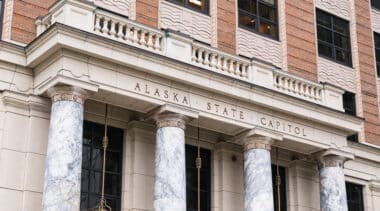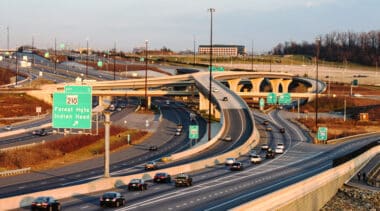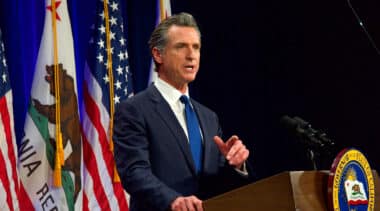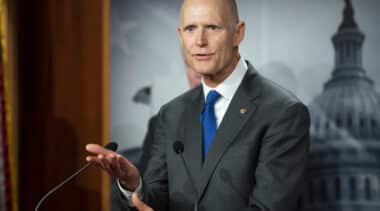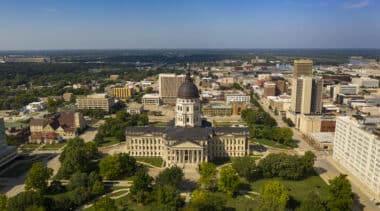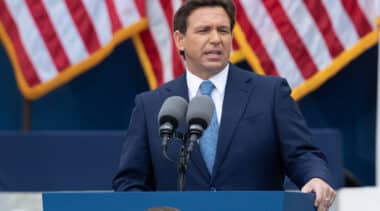-
Let the legal cannabis industry work across friendly state lines
Development of an interstate cannabis system would be good for growers, business owners, and consumers.
-
A return to old-fashioned pensions won’t help Alaska retain or recruit public workers
Retirement plans that can move with employees from job to job and meet their long-term financial needs are more critical than ever.
-
Public school open enrollment proposals advance in several states
It is excellent news for students and parents that several states are finally untethering public schools from housing.
-
New York’s legislature should stand firm against Gov. Hochul’s tobacco prohibition
A similar flavored tobacco ban in Massachusetts has been an epic failure.
-
Open enrollment should be part of Michigan’s education reforms
Michigan should strengthen its open enrollment policy by eliminating artificial enrollment caps, aligning financial incentives, and publishing reports about important transfer data.
-
Examining Maryland’s options after Transurban exits toll lanes project
Finding a way to revive the managed lanes public-private partnership to transfer risk from taxpayers and to provide more transit options for commuters should be the goal.
-
California needs to revise transit plans for today’s work and travel patterns
Instead of eliminating fares, California's leaders should focus on improving service for those most dependent on transit to meet their daily needs.
-
IRS delayed its reporting rules targeting gig economy income, but a permanent fix is needed
Taxpayers get one small, temporary reprieve from the government's ongoing crackdown on the sharing economy.
-
Californians shouldn’t lose access to telehealth services because emergency order ended
California’s telehealth policies fail to meet best practices for promoting patient access and giving flexibility to health care providers.
-
Florida politicians want fentanyl designated a weapon of mass destruction
Then fentanyl crisis will not be resolved by doubling down on prohibition policies that have failed for decades and are actually fueling overdose deaths.
-
Examining the impacts of education reform legislation proposed in Kansas
The tax credit scholarships, education savings accounts, and utilizing a more accurate method of counting students would improve education outcomes.
-
Ridership struggles in cities like Dallas and Chicago highlight the transit challenges ahead
Buses, demand-response services, and other flexible innovations are going to be needed as major cities adapt to changing work and commuting patterns.
-
Ways the SECURE Act 2.0 can help people save for retirement
The law provides additional flexibility for tax optimization of retirement distributions and reduces tax code rules that perversely inhibit lifetime annuity solutions.
-
Analyzing Nebraska’s proposed legislation impacting school finance and property taxes
State policymakers shouldn’t pass up this opportunity to decrease the education funding formula’s overreliance on property taxes and to make the formula more transparent and student-centered.
-
Florida should abolish capital punishment, not make it easier
In Florida, 30 people have been exonerated while they were awaiting execution since 1972.
-
Federal judge: Restrictions on gun ownership violate medical marijuana patients’ Second Amendment rights
Federal firearm policy should not discriminate against users of medical marijuana.
-
Sustainable highway funding requires charging the drivers who use them
The true costs of building and maintaining highways and bridges should be paid for by those who use them.
-
Chicago wants to open a casino to help pay down its public pension debt
Pursuing inadequate solutions with highly politicized taxes or through a brand-new casino is a futile way to dodge the city’s public pension debt and fiscal challenges head-on.

